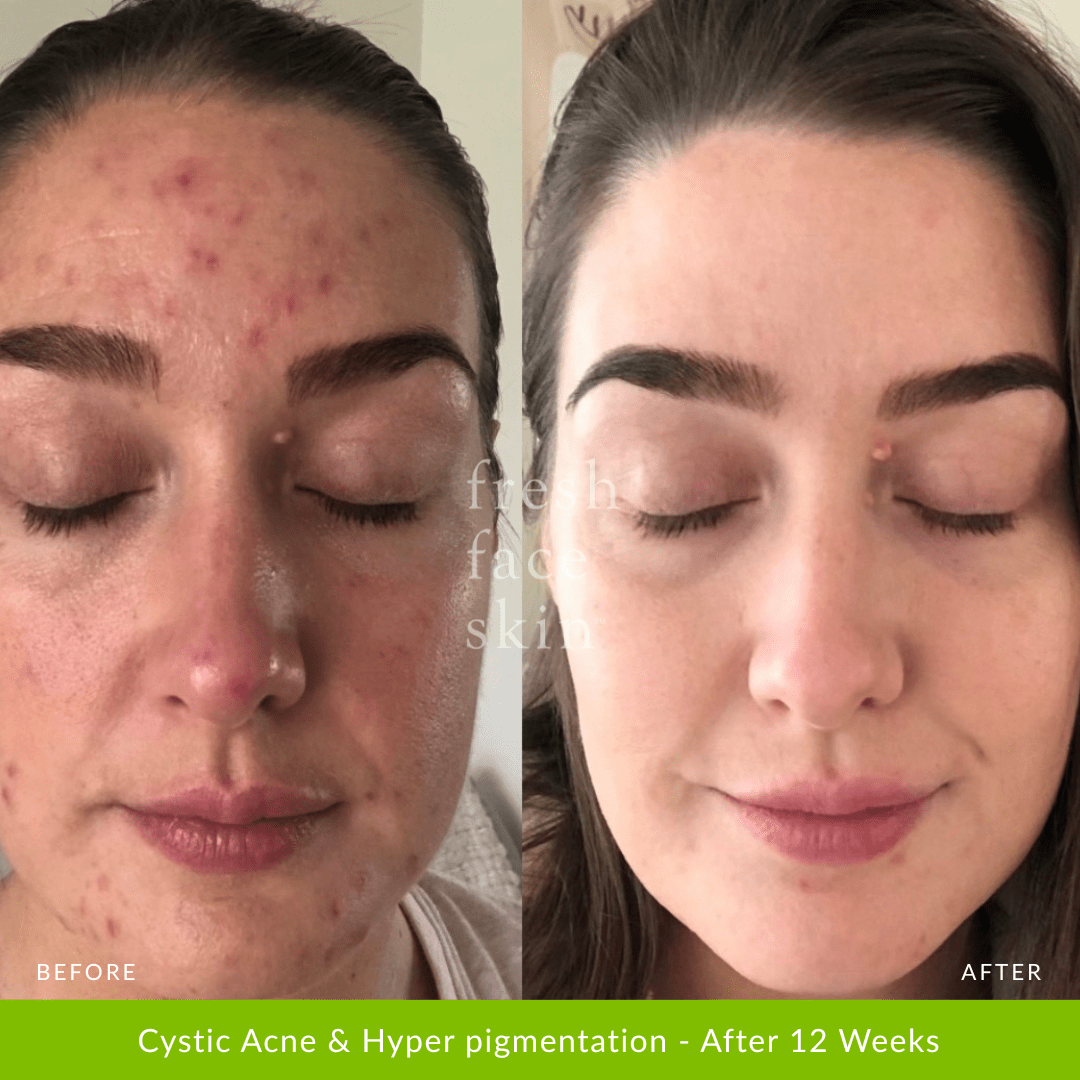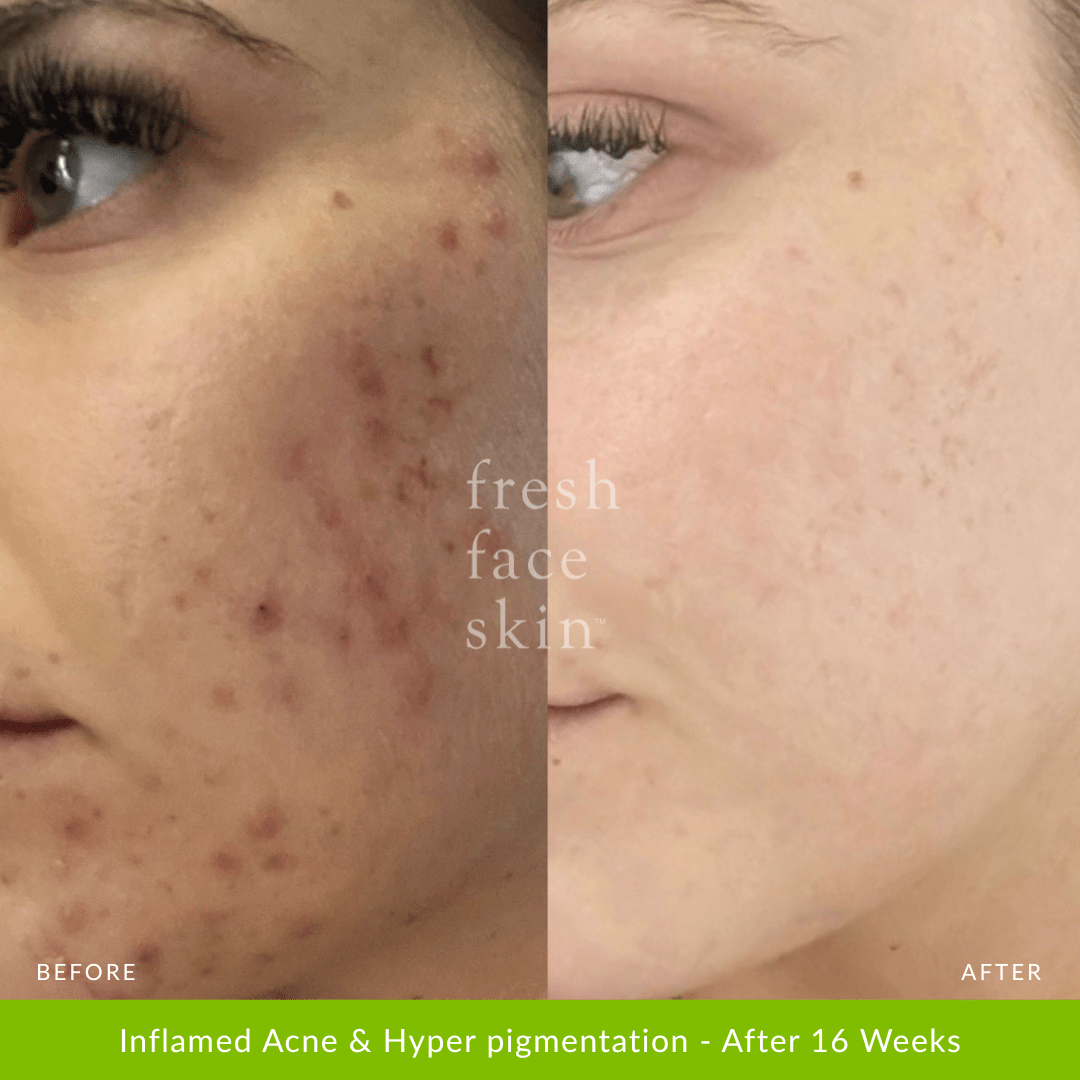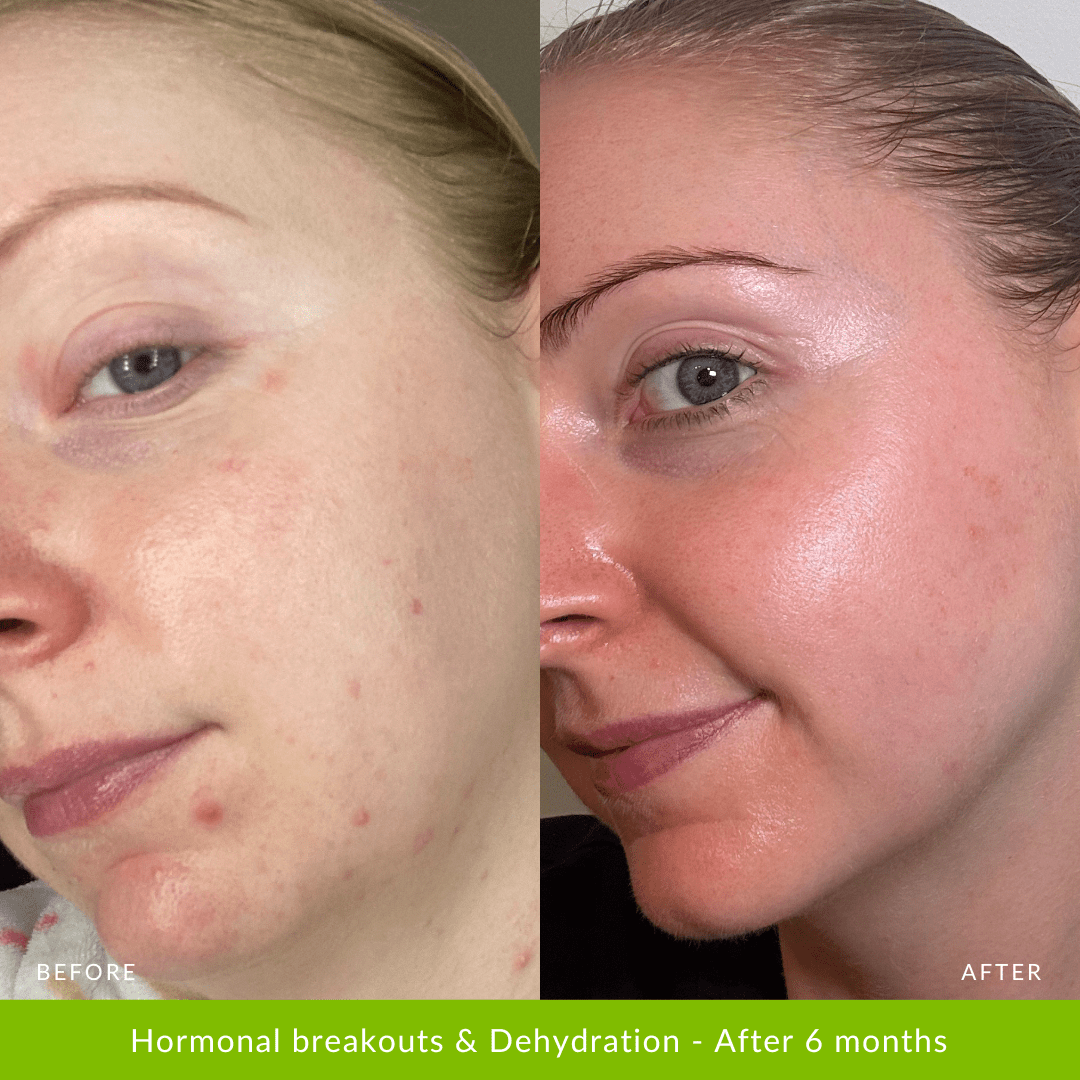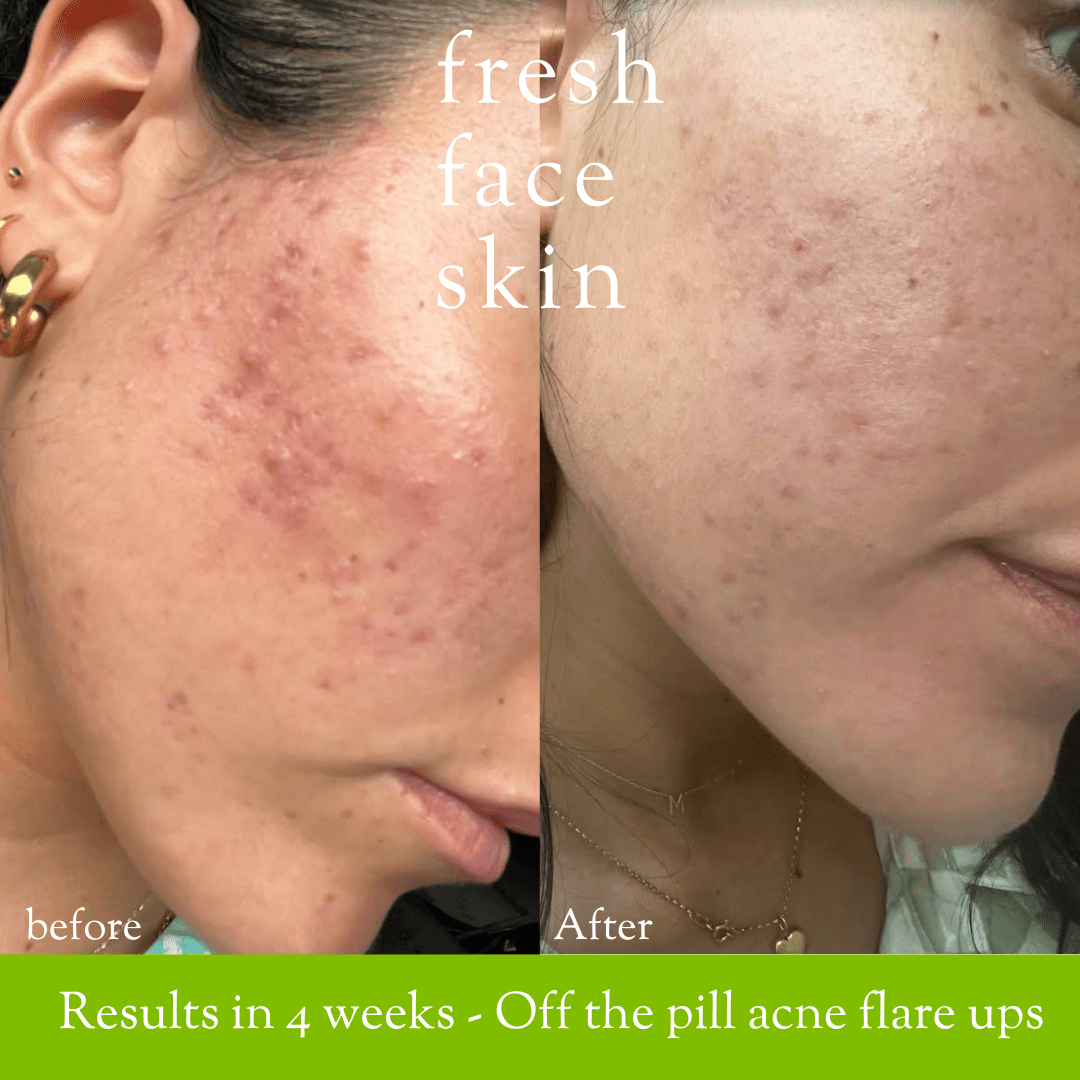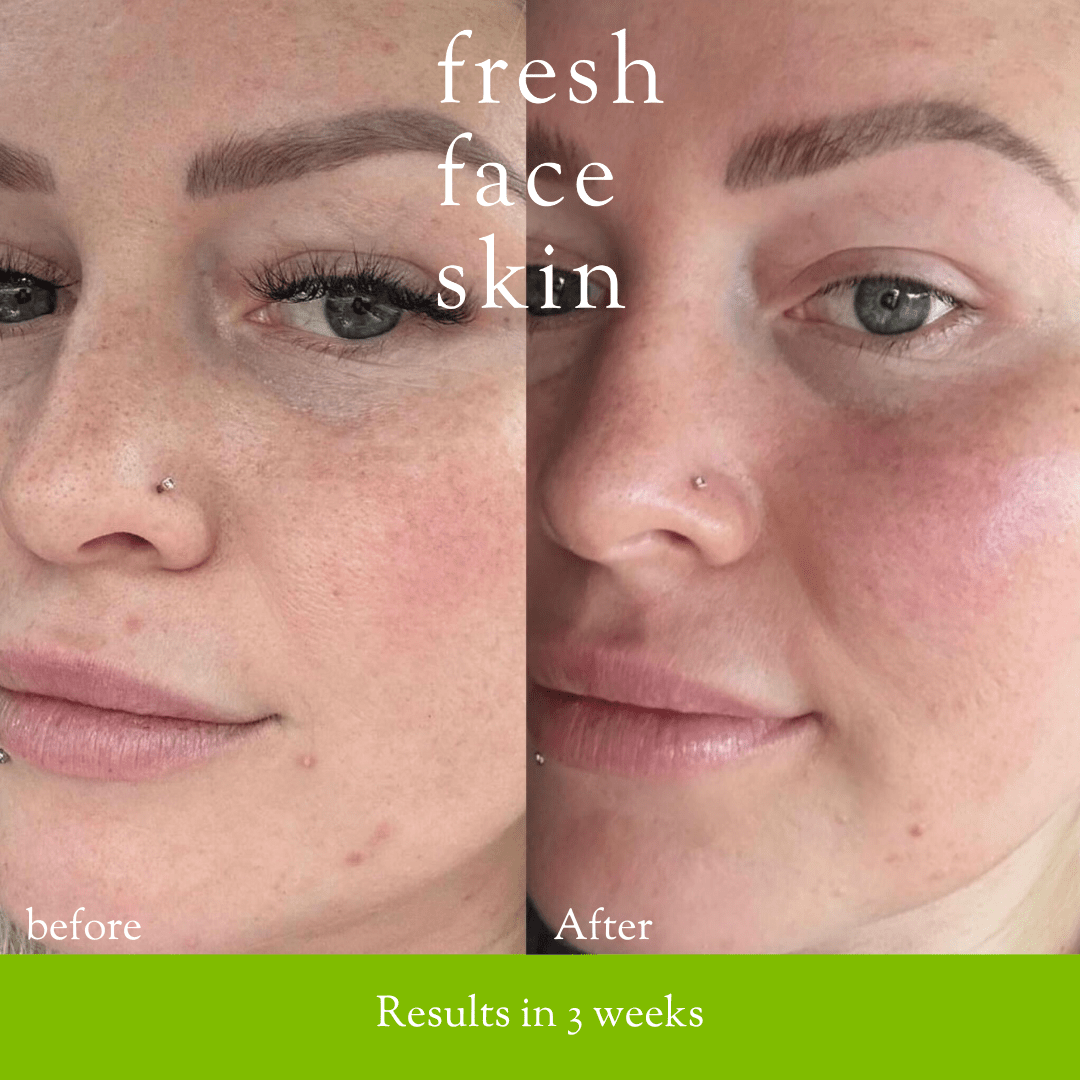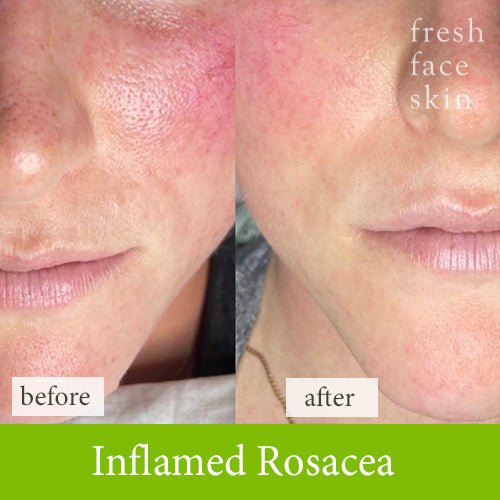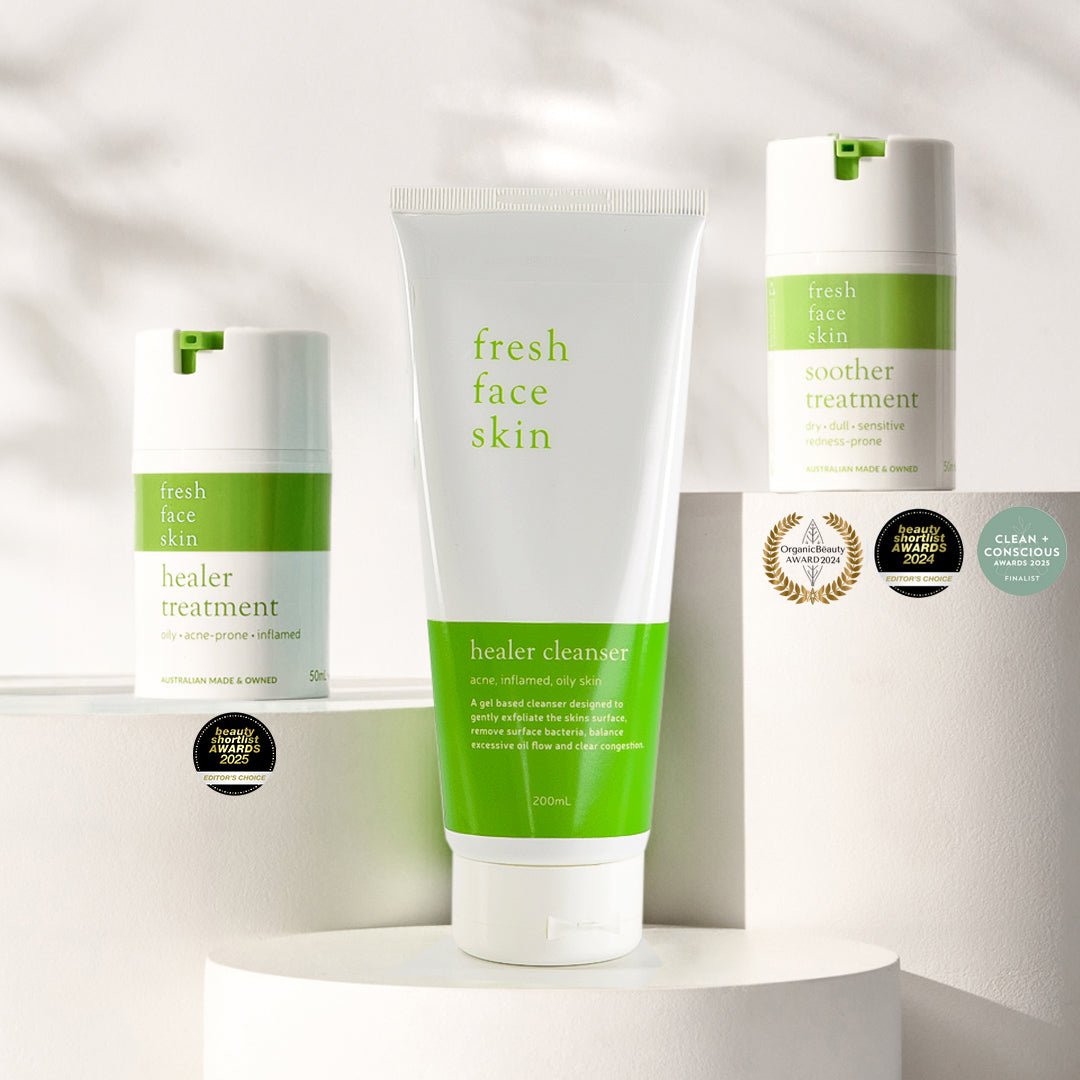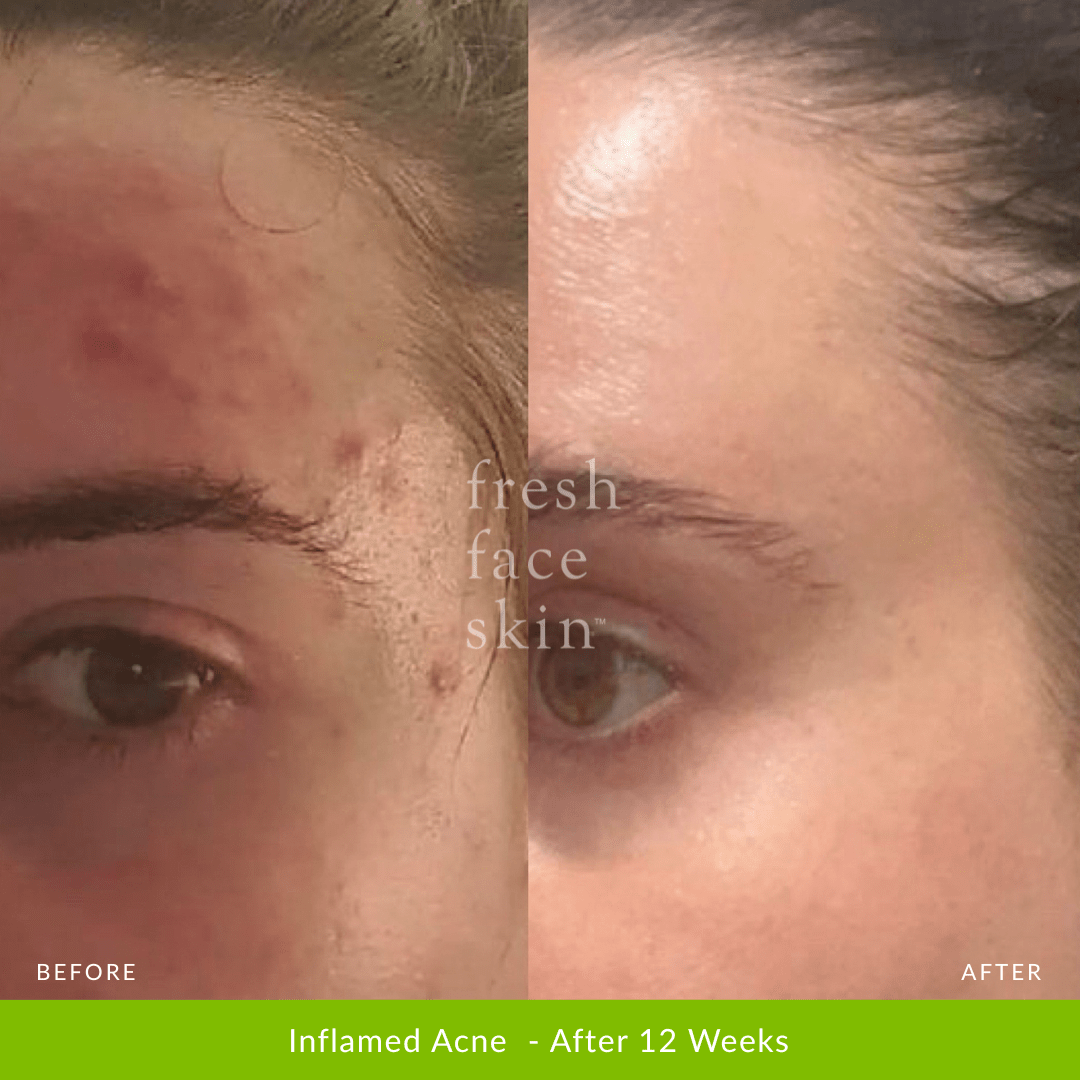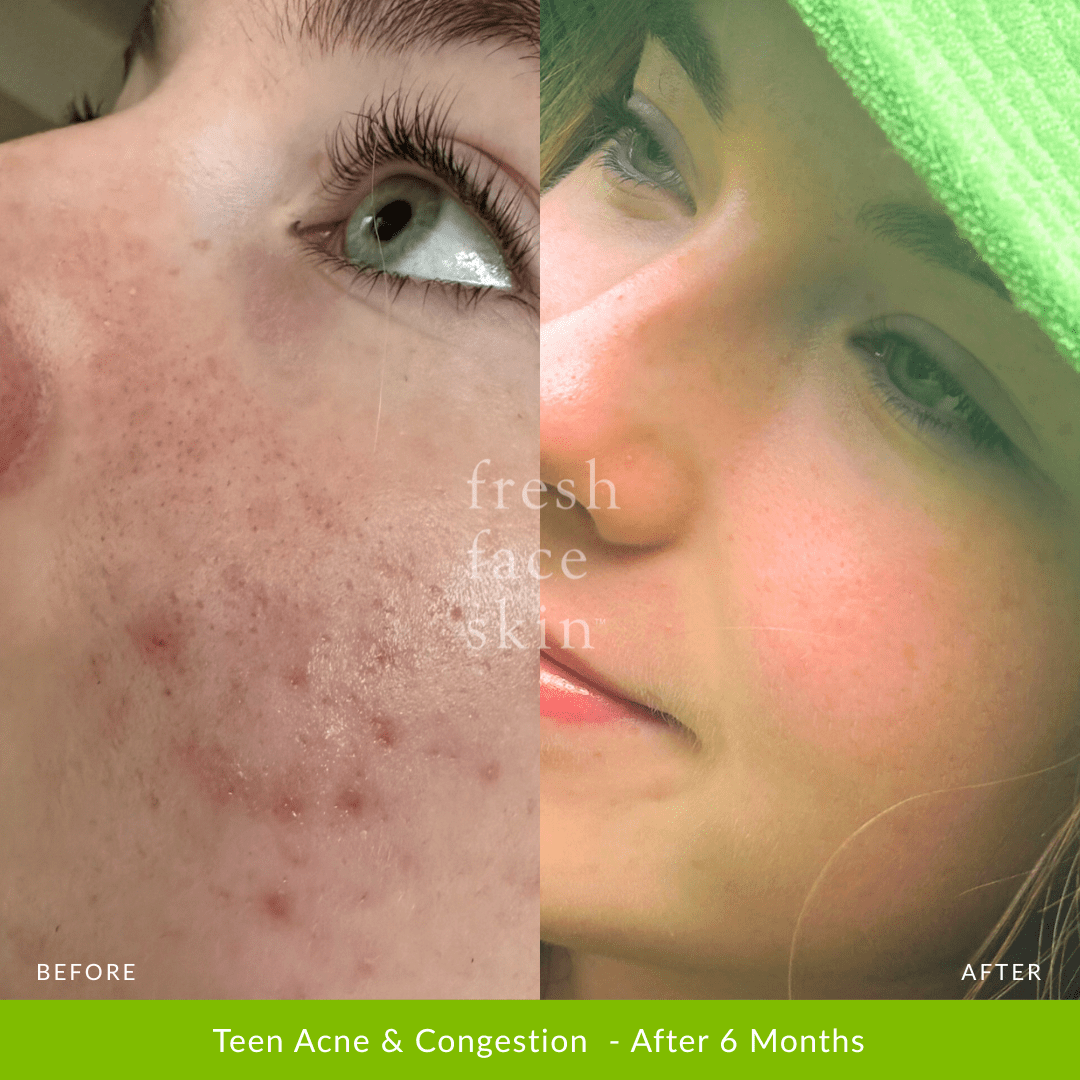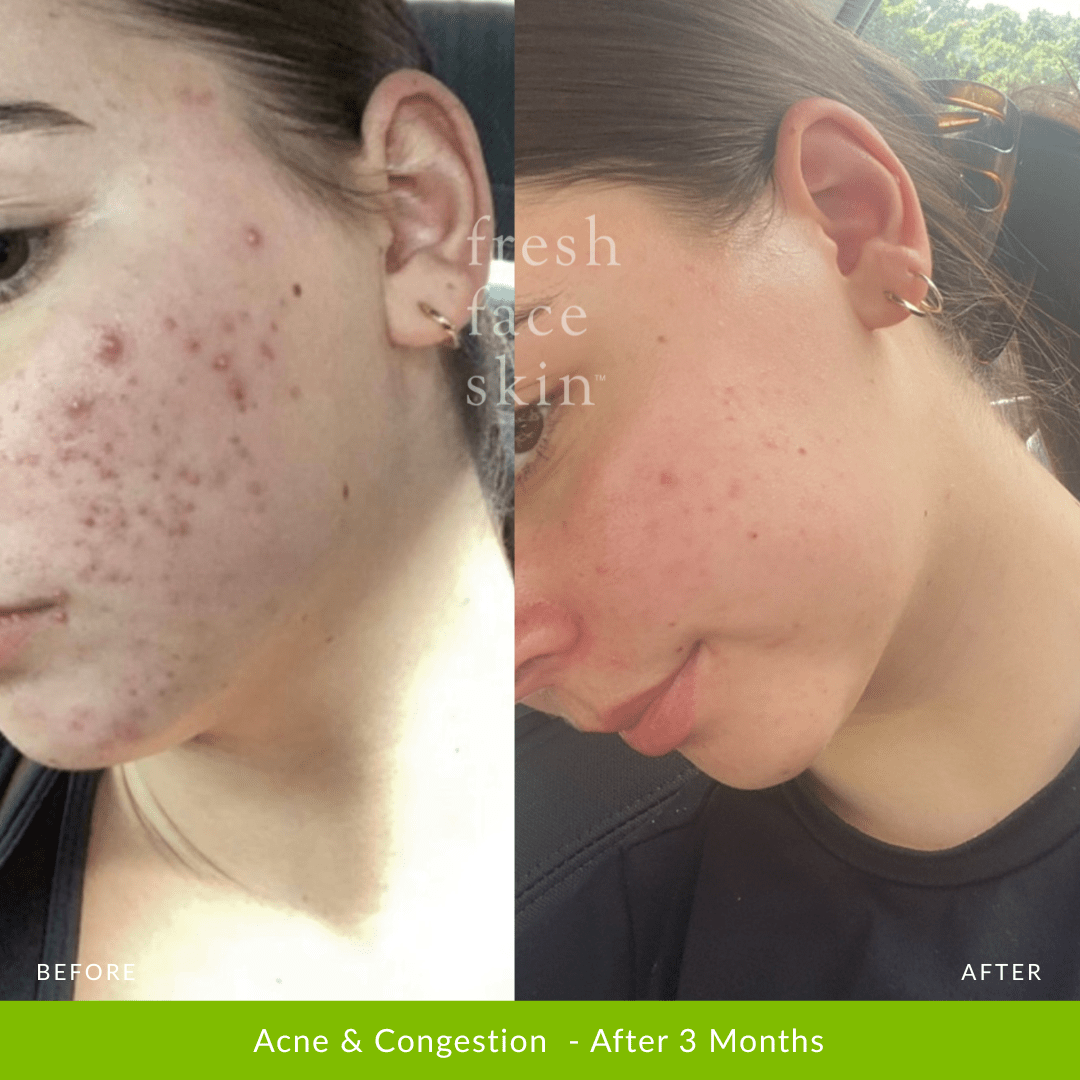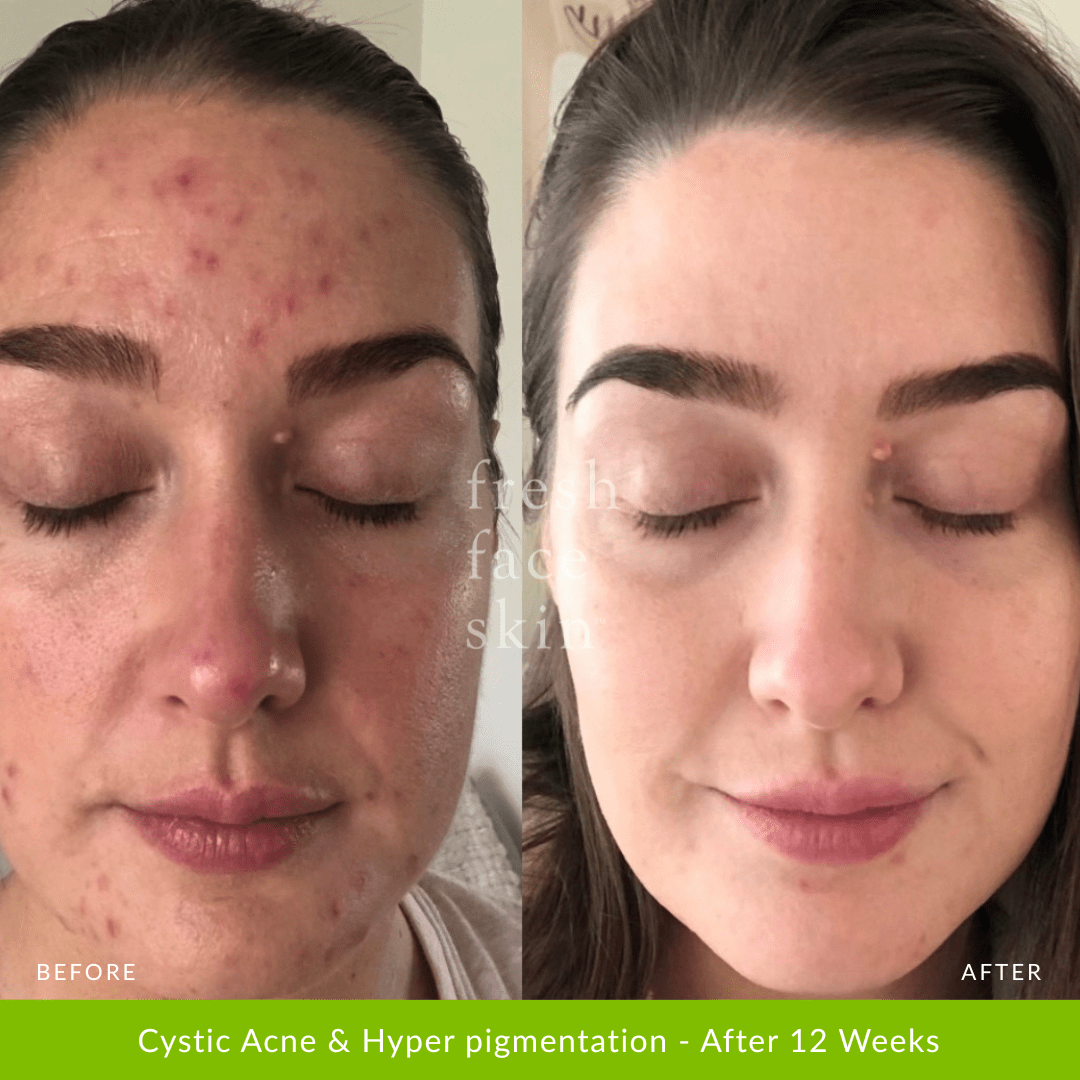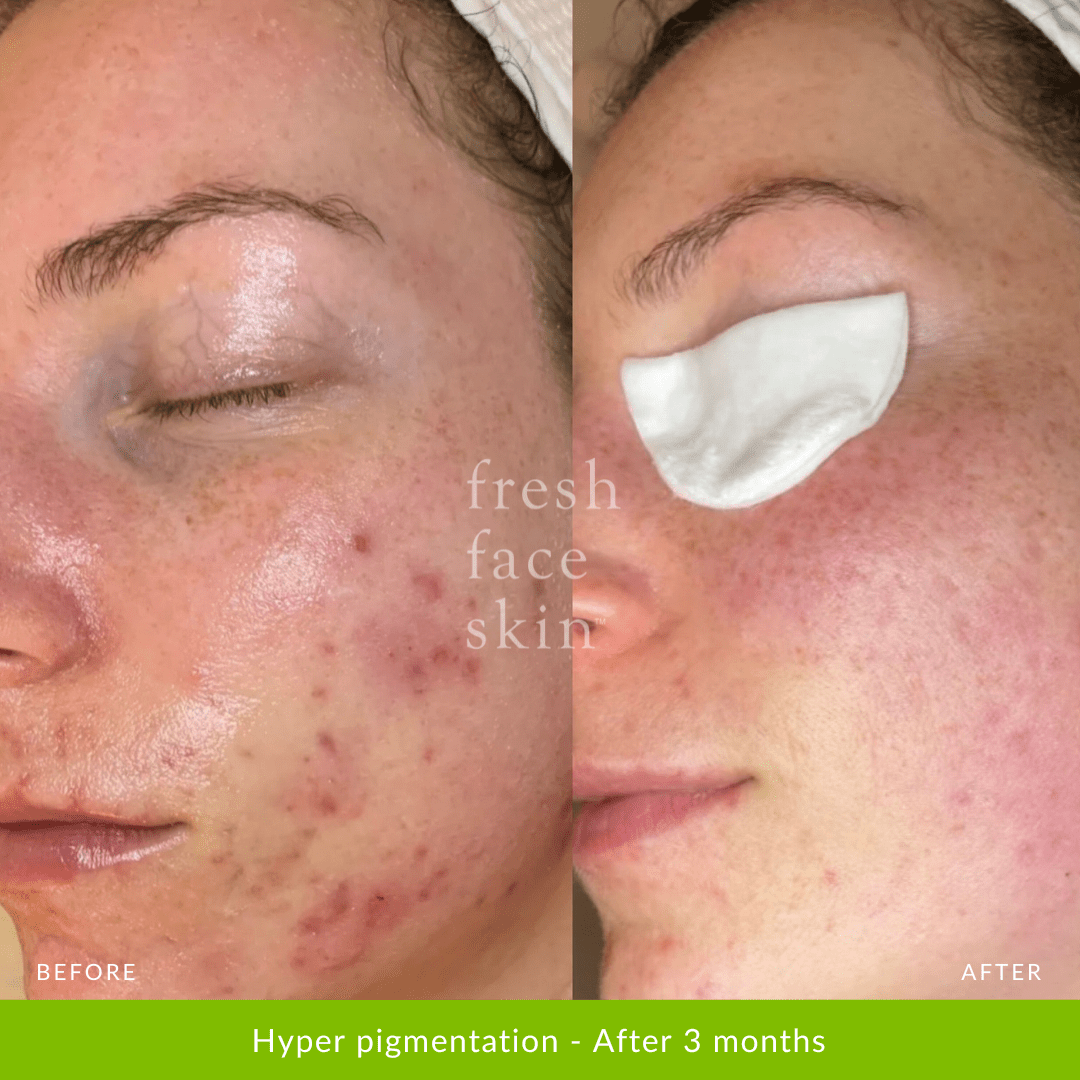The Benefits of UV in Safe Amounts
Natural sunlight is essential for overall health and wellness, offering numerous benefits that extend beyond illumination. From enhancing mood to supporting physical health, the sun's rays play a vital role in our overall well-being.

Vitamin D Production and Bone Health
Exposure to sunlight enables the body to produce vitamin D, a crucial nutrient for calcium absorption and bone health. Adequate vitamin D levels help maintain heart health, emotional well-being, healthy blood pressure, and muscle function, while preventing conditions like osteoporosis—a bone condition particularly common in women as we age and during menopause. While certain foods and supplements can provide vitamin D, sunlight remains a primary and efficient source.
For women in their 20s and 30s, maintaining vitamin D levels is essential for preventing bone conditions. For women aged 37–55, transitioning into and out of menopause, vitamin D becomes especially critical as hormonal changes accelerate bone density loss. This increases the risk of osteoporosis and fractures. Vitamin D aids calcium absorption, crucial for strong bones and minimizing bone loss. Without sufficient levels of both vitamin D and calcium, bones can become brittle and prone to fractures.
Healthcare professionals often recommend menopausal women combine sunlight exposure with a diet rich in calcium, including dairy products (milk, cheese, yogurt), leafy greens (collard greens, spinach, kale), nuts (almonds, figs), and seeds (poppy, sesame, celery, chia). Supplements for vitamin D and calcium, along with weight-bearing exercises like lifting weights, walking, or yoga, further support bone health.
Mood Enhancement and Mental Health
Sunlight exposure triggers the release of serotonin, a hormone associated with mood elevation and calmness. This is particularly beneficial for those suffering from depression, including seasonal affective disorder (SAD), which is common during winter. Sunshine is good for the soul—exposing your skin to UV for 15–20 minutes can help lift your mood!
Regulation of Sleep Patterns
Our internal clock, or sleep-wake cycle, is influenced by natural light. Morning sunlight exposure helps regulate these cycles, improving sleep quality. Studies show at least 30 minutes of sunlight exposure can significantly enhance the body's internal clock, promoting restful sleep at night. If you work indoors, take breaks to step outside and enjoy some sunlight for better sleep quality.
Cardiovascular Health
Emerging research suggests sunlight exposure may contribute to cardiovascular health by lowering blood pressure. Sunlight triggers the release of nitric oxide in the skin, dilating blood vessels and improving circulation, reducing the risk of heart attacks and strokes.
Immune System Support
Vitamin D produced through sunlight exposure supports the immune system, enhancing the body's ability to fight infections and reduce inflammation, which is crucial for overall health.
Skin Health
Moderate sunlight exposure benefits certain skin conditions like psoriasis and eczema. UV light therapy slows abnormal skin cell growth, reducing inflammation and dryness. However, moderation is key to avoiding skin damage.
Mental Clarity and Cognitive Function
Sunlight exposure has been linked to improved cognitive function and mental clarity. Natural light influences hormones and neurotransmitters, enhancing focus and productivity.
Listen to the Podcast
Guidelines for Safe Sun Exposure
- Duration: Aim for 10–15 minutes of direct sunlight on the face, arms, legs, and hands, 2–4 times a week. Adjust based on skin type, location, and season.
- Timing: Seek sunlight during morning (8 AM–10 AM) or late afternoon (3 PM–4 PM) when UV radiation is less intense.
- Protection: Use sunscreen with appropriate SPF, wear protective clothing, and avoid peak UV hours (12 PM–3 PM).
Balance is key—expose your skin to UV within recommended times for optimal vitamin D absorption while protecting your skin outside of these periods to avoid long-term damage.





